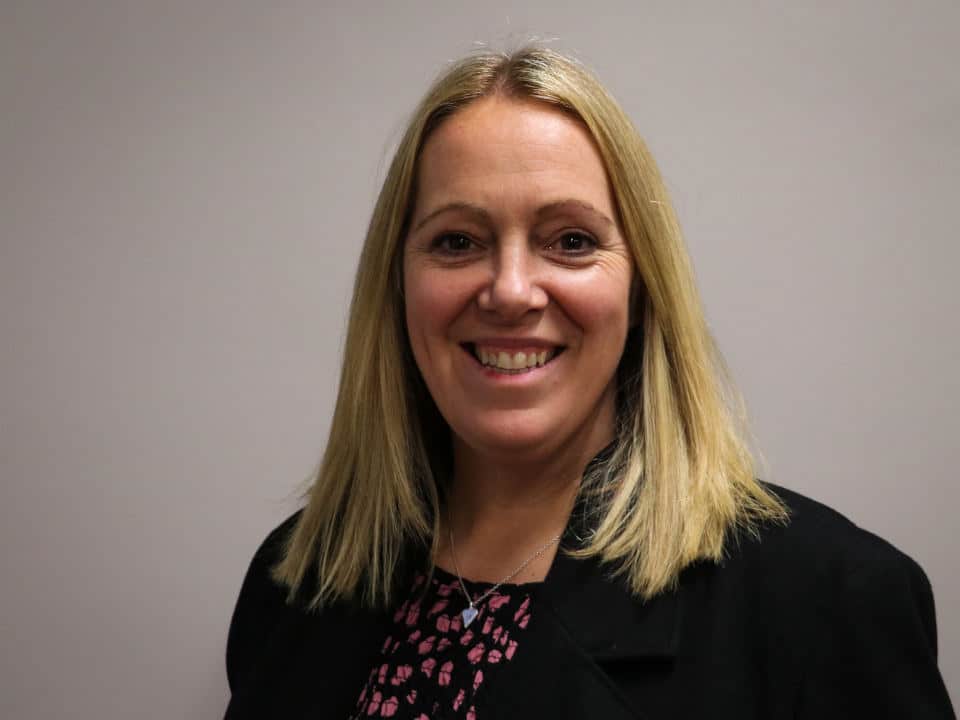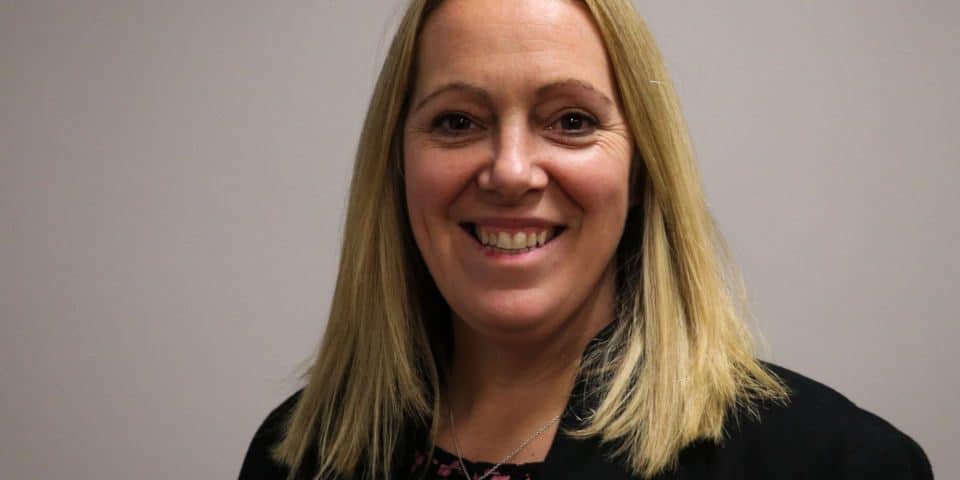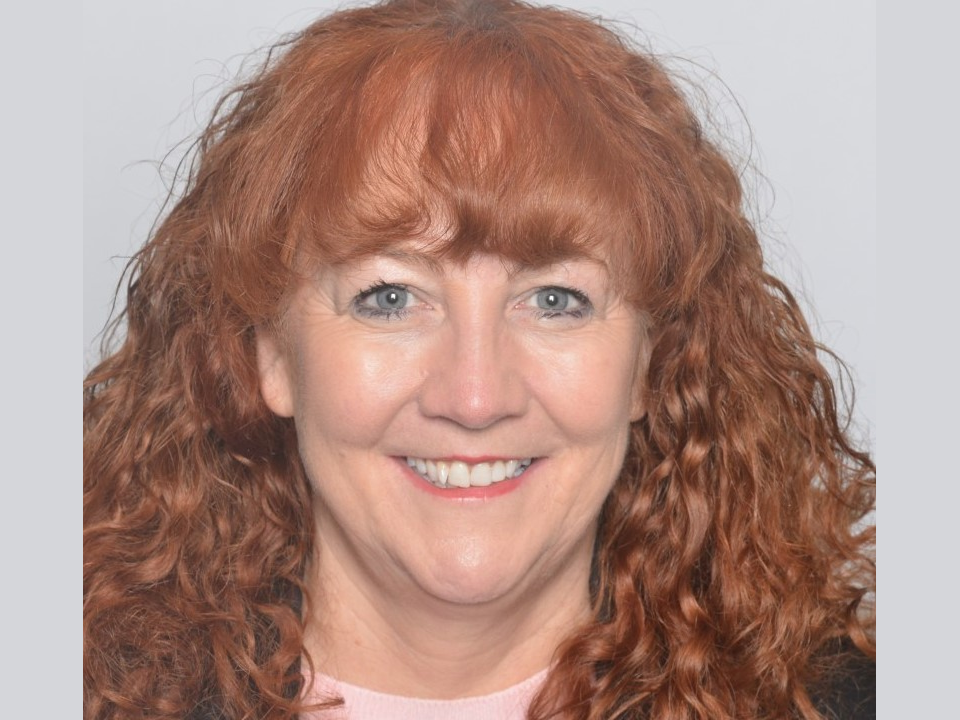
Heather Sandy
Chair of the ADCS Education Policy Committee
Executive Director of Children's Services
Lincolnshire County Council
As Chair of the ADCS Education Policy Committee, I had the privilege of chairing a meeting focused on the Department for Education’s (DfE) curriculum call for evidence where we heard from over 60 ADCS members. Together, we discussed crucial steps to make the curriculum and assessment framework more inclusive, manageable, and future-focused. While work on the ADCS submission is still ongoing, I thought I might be helpful to summarise our key points, which we hope will guide positive changes in education.
1. A Curriculum That Prepares for Life
Our members strongly support a curriculum that goes beyond academic knowledge to foster creativity, critical thinking, and essential life skills. While academic rigour is important, we need to remember that education also plays a critical role in preparing young people for the realities of life. A well-rounded curriculum, including arts, sciences, and physical education, would help students discover their strengths and passions, empowering them to thrive personally and professionally.
2. Reducing Assessment Pressure
A major concern raised was the high-stakes nature of current assessments, which creates intense stress for students and restricts teachers’ ability to deliver broader, meaningful learning experiences. Members advocated for a reduced assessment burden, allowing teachers and students to focus on true understanding and the development of critical skills. Our members also highlighted the unintended impact of accountability measures that tie too closely to test scores. By leaning toward formative assessments, we can better capture a holistic view of student progress and development, shifting away from a narrow focus on exams and numbers.
3. Ensuring Flexible, Inclusive Pathways
In our discussion, we emphasised the need for a curriculum that meets the needs of all learners, especially those from disadvantaged backgrounds or with special educational needs and disabilities (SEND). A rigid, one-size-fits-all system often sidelines these students. Our members championed flexible pathways, including high-quality vocational options, so that every child has a route that aligns with their unique talents and goals. We also support diversifying assessment methods to capture the strengths of all students.
4. Supporting Transitions and Using Technology Wisely
Transitions between key stages are critical, and yet we frequently see a lack of coordination that leaves students feeling unprepared. We discussed how improved communication and collaboration between schools can create smoother transitions, supporting students as they progress. Technology also offers new ways to personalise education and keep parents engaged, as well as to streamline transitions. Our members see digital tools as valuable assets that can create connected, interactive environments suited to each student’s learning needs.
5. Building Solid Foundations in Maths and English
Finally, we emphasised the importance of strong foundations in maths and English by age 19. Early intervention is key here, particularly in primary education, where gaps can emerge. Members supported enhanced teacher training to help educators identify and support struggling students early on. A focus on practical skills can also make maths and English more relevant and engaging for students.
Moving Forward
The ADCS’s response will reflect a vision for a more inclusive, balanced, and adaptable education system which we set out in a 2023 policy position paper on this topic. By easing assessment burdens, enriching the curriculum, and promoting holistic development, we can better prepare young people for both academic and real-world challenges. This approach will lay the groundwork for a resilient, supportive education system that equips all children to reach their full potential and embrace the future with confidence.





